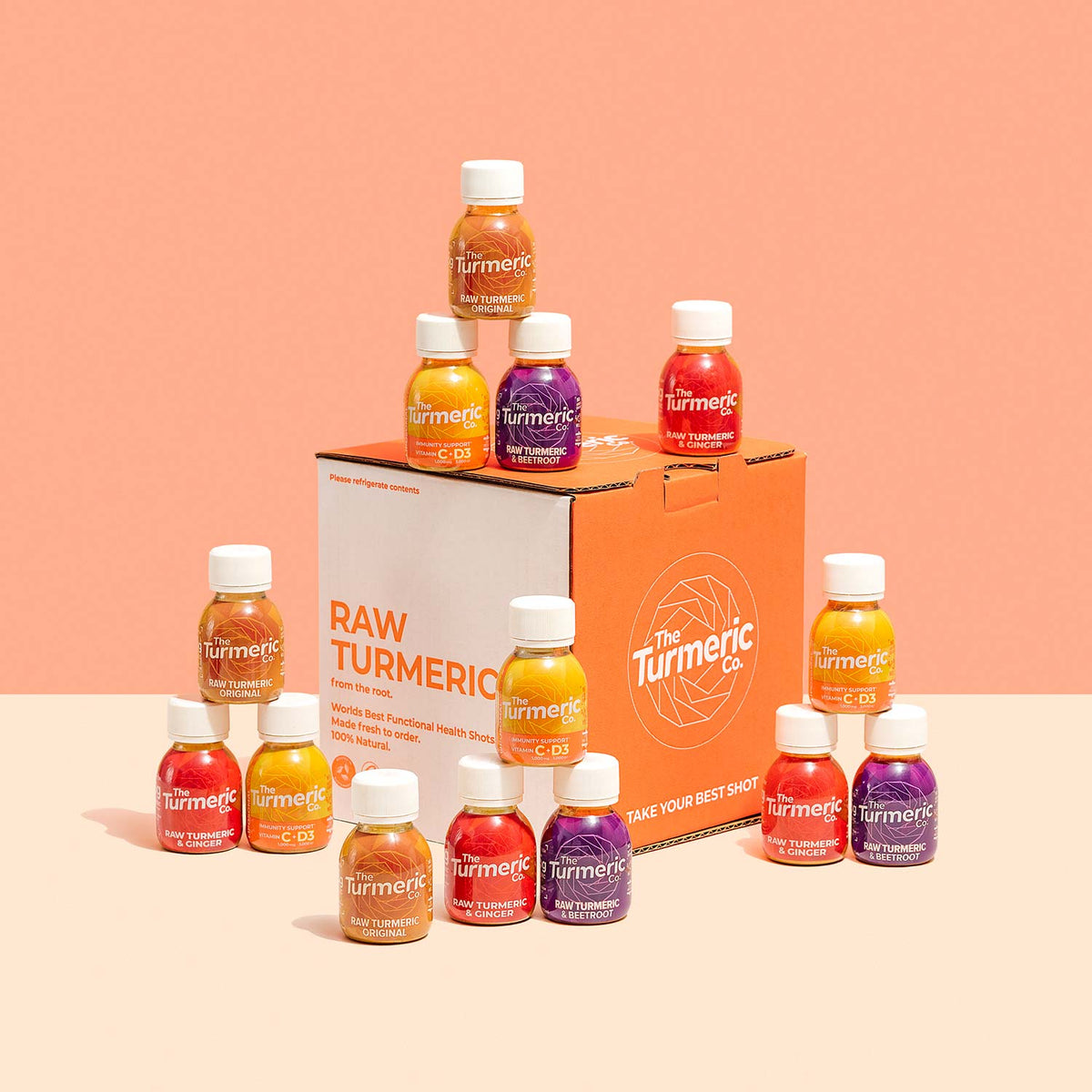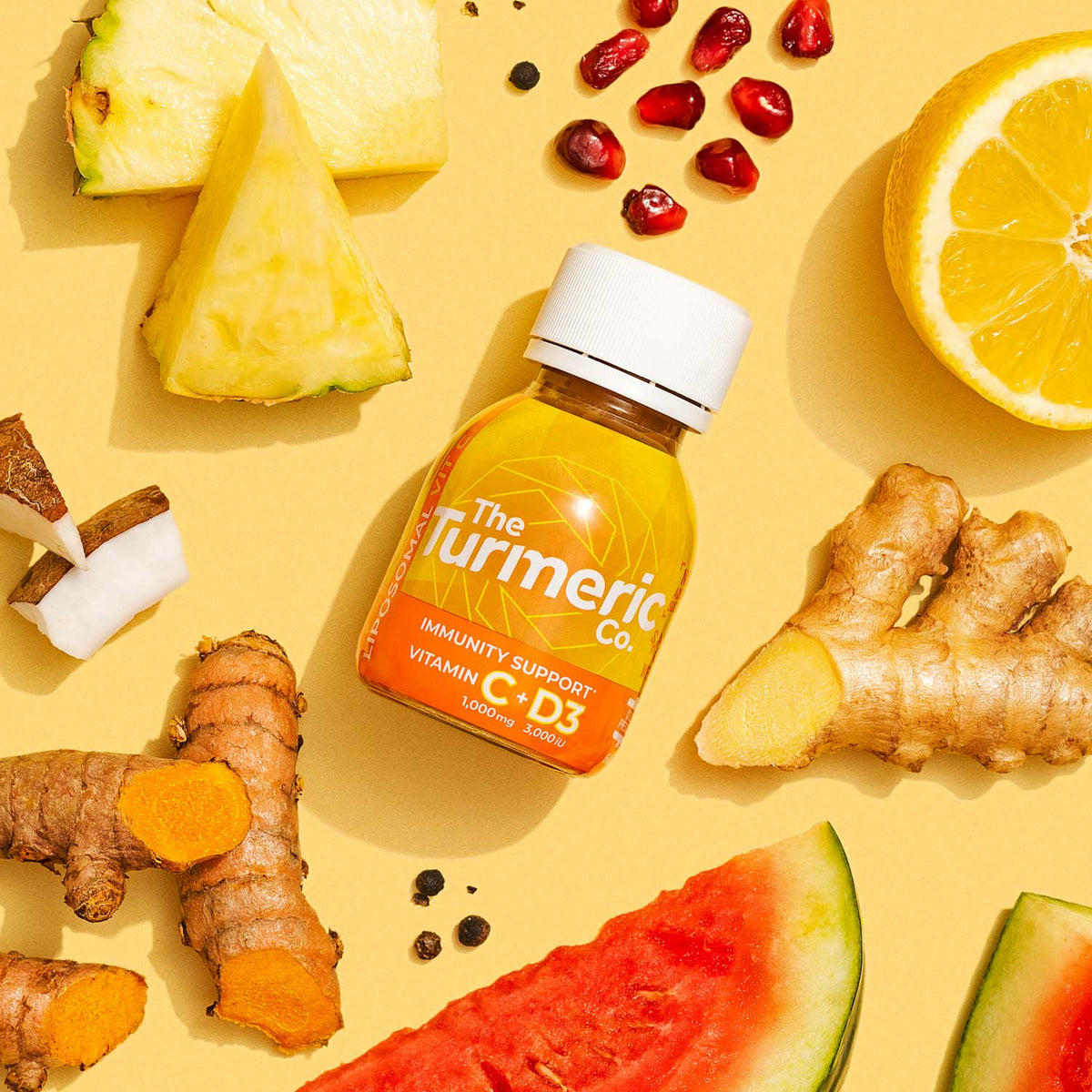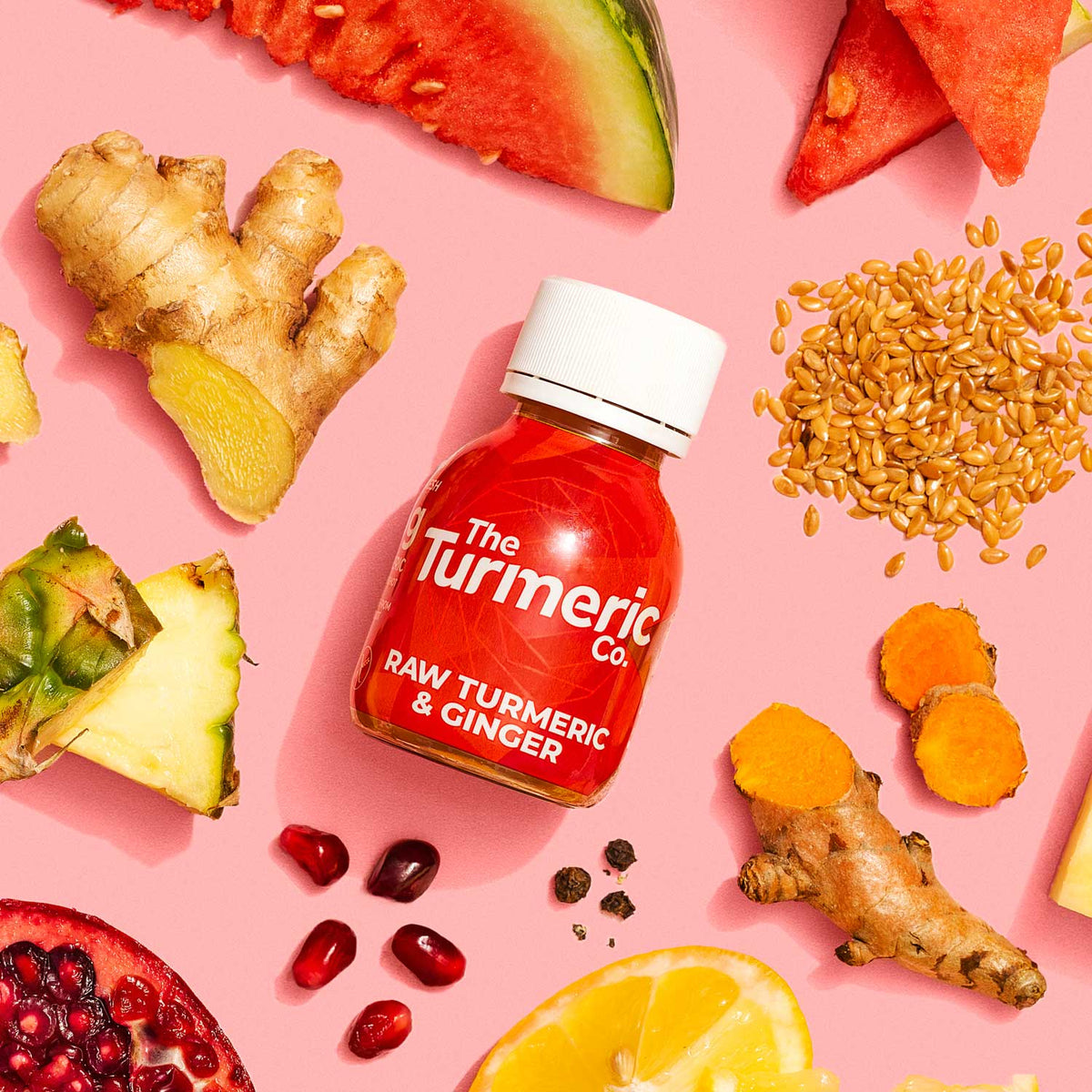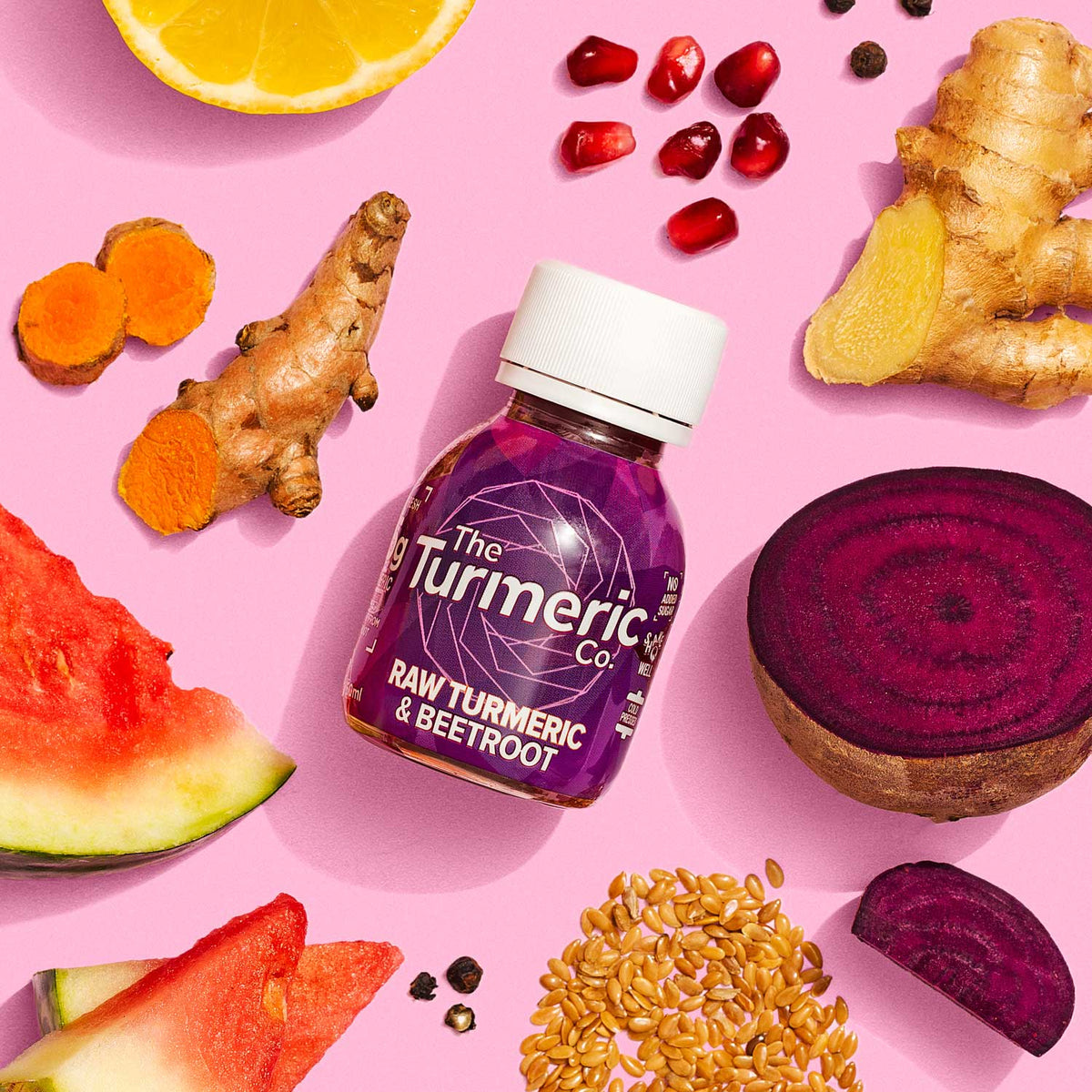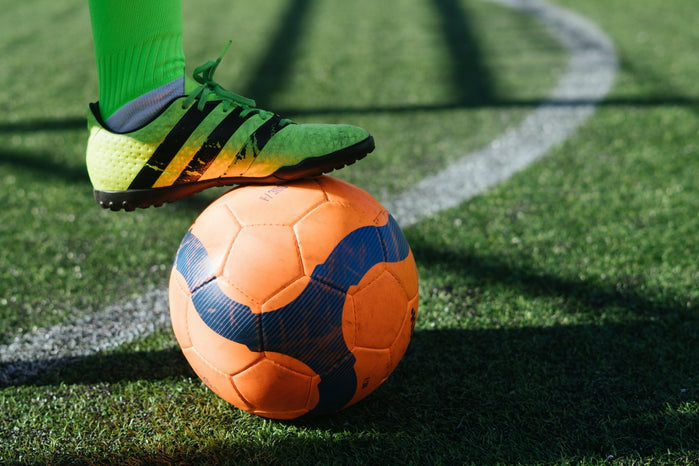How to Relieve Sore Muscles After Football
Group exercise is back, but so is the DOMS (delayed onset muscle soreness). Whilst we’ve all been enjoying football from the comfort of our own sofa, our muscles have been having a rest. But now that group exercise is allowed again and many of us are taking part in 5-a-side football and other group sports, the painful after-effects are back with a vengeance.
So if you’re wondering how to relieve sore muscles after football then we’ve got you covered with some of the best methods to help alleviate some of those aches.
Why do you Get Sore Muscles After Exercise?
Simply put, when your muscles are used in ways they’re not used to or worked harder than usual, microscopic tears occur in the muscle fibre. These tears stimulate an inflammatory response, which is what results in that awful pain.

Muscle soreness after exercise can affect anybody – even the most seasoned athlete. Symptoms tend to occur between 12-24 hours after exercise and include:
- Muscles which feel sore to touch
- Stiffness when moving
- Swollen muscles
- Temporary loss of muscle strength
So if you’re suffering from sore legs after football, then the following tips might help you out.
Focus on Nutrition
It will come as no surprise that you might be able to alleviate some of the symptoms of sore muscles with the correct nutrition. There are a number of different foods which have been said to help overcome DOMS, especially those linked to reducing inflammation.
From a pre-workout snack to a post-workout meal – these are the essential nutrients you need to focus on.
Protein is Essential
Protein is a macronutrient that promotes growth and repair within the body, so it’s essential to make sure you’re consuming enough of it in your diet to help repair those microscopic tears in your muscles after exercise and reduce recovery time.
It’s recommended for the average person to consume a minimum of 0.8g per kg of bodyweight every day, or 1-1.2g/kg for those who are more active.
Don’t Skimp on Carbs
Although it might be a popular trend to avoid carbs, it certainly won’t help to alleviate sore muscles after playing football.

Carbohydrates are your body’s preferred energy source. They are broken down by the body and converted into glucose which is stored in the cells for fuel. During intense exercise, these stores are depleted, so if you’ve not consumed enough carbohydrate before training then alternative energy sources, such as amino acids, will be used – meaning they won’t be used for protein synthesis.
Therefore, it’s important to consume a carbohydrate-rich snack such as a banana around 30 minutes prior to exercising, as well as a moderate amount of carbohydrate afterwards in order to replenish glycogen stores and avoid your muscles being broken down further.
Anti-Inflammatory Foods May Help
There are a number of different foods you can include in your diet which have been said to reduce inflammation, including:
- Turmeric
- Beetroot
- Tart cherries
- Fatty fish (such as salmon and mackerel)
- Berries
- Tomatoes
One of the most convenient ways to include anti-inflammatory foods in your diet is in the form of a shot. Our Raw Turmeric & Beetroot shots are perfect for when you’re on the go. Containing 35g of fresh raw turmeric and 15% beetroot, they’re ideal for after a game of football as part of your recovery regime.
Stay Hydrated
Any sportsperson knows how important it is to stay hydrated, but did you know that dehydration has actually been linked to an increase in muscle soreness after exercise?
This is because your muscles work harder when you exercise, meaning they require more oxygen, resulting in an increased blood flow. Around 90% of blood plasma is made up of water, so if you’re not adequately hydrated then there’s less oxygen available to your muscles.
Additionally, water helps to flush toxic waste products out of your system. So if you’re not using the bathroom every few hours, then you’re probably not giving yourself the best chance of recovery.
Get Some Sleep
We all know how important it is to get a restful night’s sleep, but did you know it can actually help to reduce muscle pain after exercise?
This is because a lack of sleep can contribute to higher levels of inflammation in the body and when your muscles are already inflamed from exercise, this can be a DOMS disaster.
In order to give your muscles the best chance of recovery, you should make sure you’re getting a good night’s sleep after your game. Aim for a minimum of 7 hours to give your body time to recover.
Active Recovery is Key
When you’re suffering from aching muscles, exercise is probably the last thing you’ll want to do, however, studies have shown that active recovery is actually beneficial for sore muscles.

This is because the increased blood flow to the muscles helps to warm muscles up and reduce inflammation. So whether you head out on a walk or enjoy a gentle swim – active recovery is much more beneficial than complete rest.
Get a Massage
If you ever needed an excuse for a massage, then relieving sore muscles after football is the perfect excuse. Studies have shown that post-exercise massages can help to reduce pain due to the fact that they help to release cytokines, the compounds which contribute to inflammation within the body.
In addition to this, massages help to promote blood flow to the muscles, which helps to speed up recovery time and reduce inflammation.
So whether you book yourself in for a massage each week after your office 5-a-side, or make sure the foods you’re eating will aid your recovery – these tips might just help to alleviate your muscle soreness and get you back on the pitch in no time. Explore our range of turmeric shots to complement your newly-found active lifestyle.
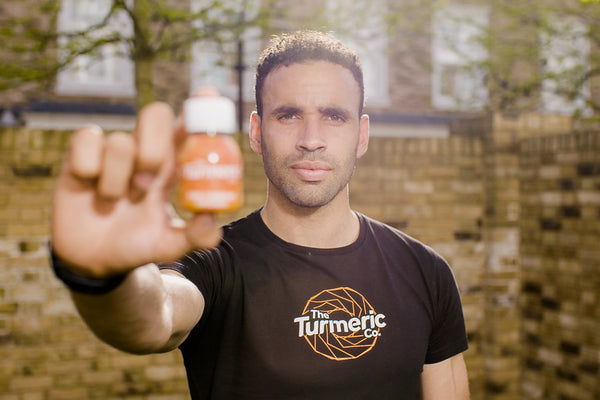
The Hal Robson-Kanu Guide To Fitness & Nutrition
Gain exclusive insight into habits that will make every day a healthy and fulfilling one.
